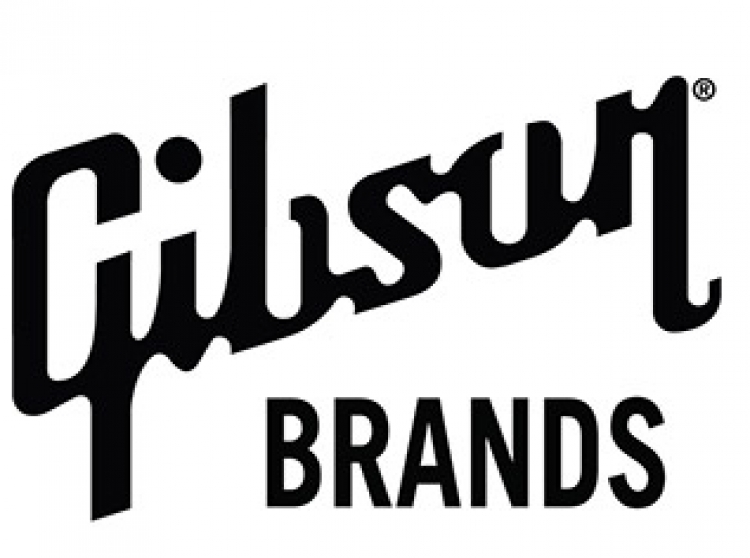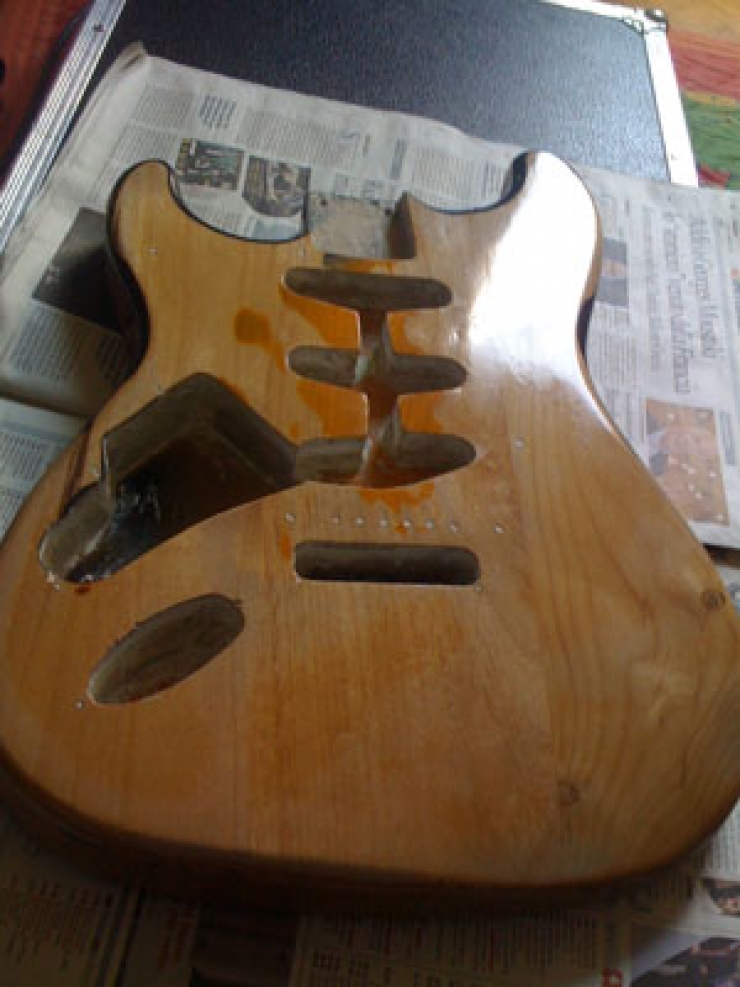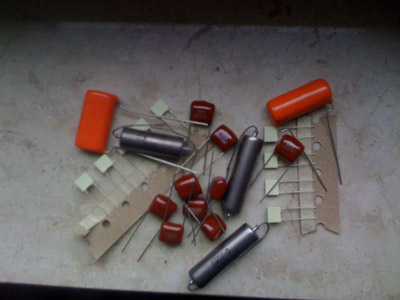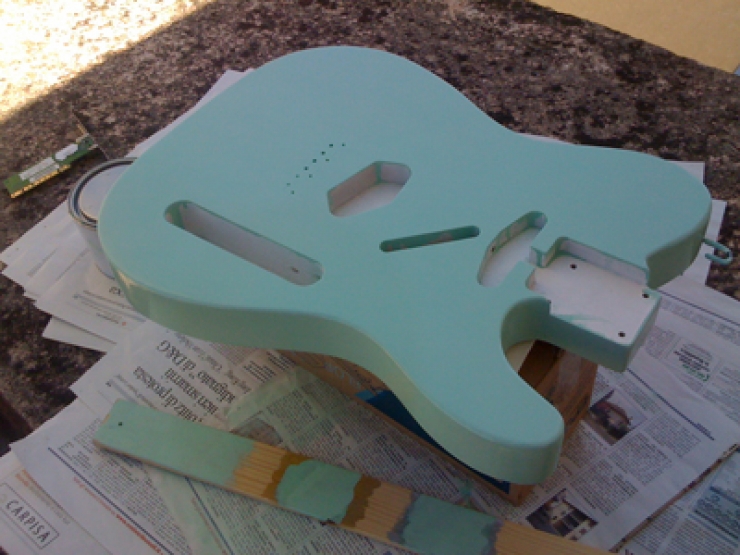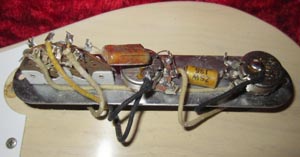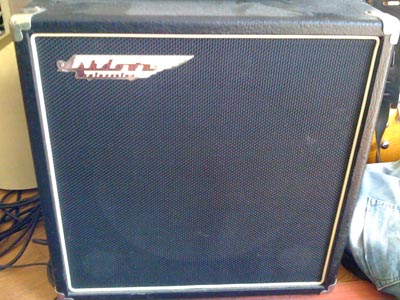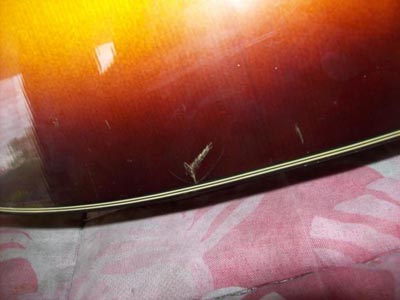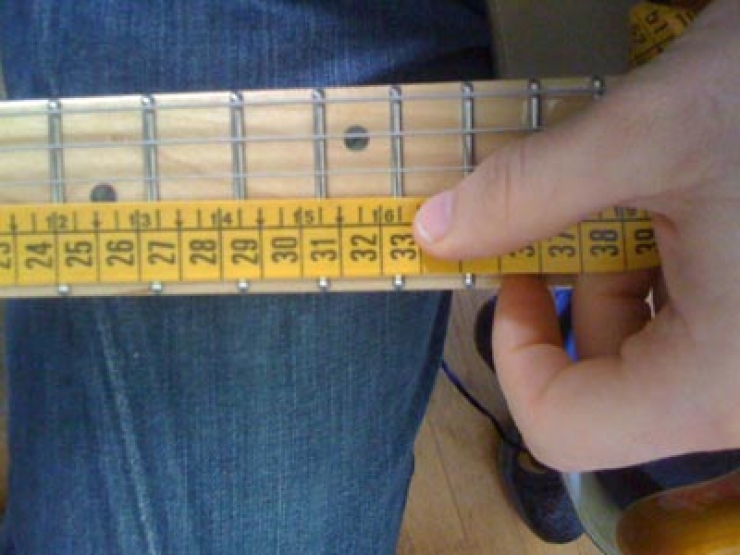Luca Carta
 Lefty.it
il primo portale dedicato ai musicisti mancini
Lefty.it
il primo portale dedicato ai musicisti mancini
UPDATE: la crisi di Gibson USA Featured
-
font size
decrease font size
 increase font size
increase font size

La recente richiesta del Chapter 11 da parte di Gibson ha creato ulteriore scalpore nei media, con centinaia di video su Youtube (forse alla ricerca della viralità) e articoli, sia di settore, che di testate nazionali.
Background: L'avvento della vendita Online, i produttori OEM, i produttori orientali, i consumatori più abituati alla differenziazione, i novizi che devono scegliere tra uno strumento e uno smartphone; sono tante le cause che hanno portato alla recente crisi degli strumenti musicali; i negozi sono ormai abbandonati, sostituiti da colossi dell'e-commerce; è tutto normale, è il progresso. Fender ha colto la palla al balzo, snellendosi notevolmente negli ultimi anni, e investendo nel digitale (dall'acquisizione di Riffstation, alla creazione di Fender Play) per invogliare i novizi a sviluppare la passione per lo strumento (e garantirsi futuri acquirenti); Gibson si è invece adagiata sui fasti del passato, e deve fare per costrizione quel processo di rinnovamento che la principale concorrente ha fatto di sua spontanea volontà.
Urge quindi un po' di chiarezza, perchè per alcuni chiude domani, per altri è in bancarotta, per altri ancora va tutto bene, etc.
I fatti: Cosa non va bene nel bilancio di Gibson?
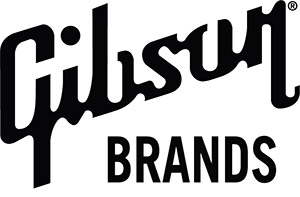
Il core business è intatto, e i tanti che hanno commentato in queste ore "...eh se chiedi 2000 dollari per una chitarra ovvio che fallisci..." dovranno rifare i conti con la realtà: infatti Gibson ha mezzo miliardo di debiti, ma interamente causato dal suo side business, al punto tale che il net sales delle Les Paul e SG è da record anche quest'anno. Il side business sono tutte quelle attività non esattamente "core" di un'azienda, e nel caso della Corporate statunitense si tratta di acquisizioni di brand del ramo elettronica/home entertainment (alias, videoregistratori).
il Chapter 11 tratta infatti di amministrazione controllata, non di fallimento vero e proprio (per quello va chiesto il Chapter 7). è una procedura di ristrutturazione aziendale, in cui si cedono, o si chiudono, aree di business meno profittevoli, o comunque generatrici del dissesto finanziario, per snellire l'organizzazione, e sfruttare a pieno gli assets per la produzione del core business. Le proiezioni danno il ritorno alla stabilità per Settembre, e sulla velocità di tale processo ciò che influisce maggiormente sarà il trattamento dei rami aziendali da cedere, ovvero se si troveranno acquirenti o meno.
Gibson si è già trovata in tale situazione a metà anni 80, e ne è uscita con il suo decennio migliore a livello qualitativo; sicuramente ai tempi non c'era una concorrenza spietata come quella attuale, ma prima di dichiarare morto il brand più storico tra gli strumenti musicali, forse è il caso di aspettare. in ogni caso ciò che è certo è che, almeno per noi chitarristi, non è una notizia da temere, e anzi, potrebbe anche avere risvolti positivi.
In chiusura, ecco le parole del CEO Henry Juszkiewicz di Gibson, in merito:
"Yesterday, we made a significant announcement that marks the next phase of Gibson’s long and storied history. We are re-focusing the Company on the manufacturing of world-class, iconic musical instruments and the continued development of the global Gibson brand, by reorganizing around its core businesses in the Musical Instruments segment. Gibson has reached a Restructuring Support Agreement with its majority stakeholders that clears the way for the continued financing and operations of the musical instruments business. To implement the agreement, the Company filed today to reorganize under Chapter 11 of the U.S. Bankruptcy Code in Wilmington, Delaware. This will allow our Company to continue to design, build, sell and manufacture Gibson’s legendary guitars and instruments without interruption. We are making every precaution to ensure normal operations for our valued customers. You will very likely not notice any change at all. There will be no change to inventory, pricing or quality of our guitars, musical instruments and Pro Audio. We intend to focus the same amount of time, money and energy in designing and building the best guitars, instruments and Pro Audio equipment that Gibson is known for. As the Company moves through this process, which we will work to conclude as quickly as possible, there are several important facts you should know and understand about the Chapter 11 process:
- Gibson Brands is not going out of business. The legal process is being used to implement a reorganization of the Musical Instruments division, not liquidation.
- The filings do not change pricing, inventory, ordering or delivery timing of our guitars, musical instruments and Pro Audio equipment.
- There will be no change to the quality of service and support our customers have come to expect from us.
- There will be no changes to our warranty and customer service policies.
While we believe we have put all the right pieces in place to support normal business operations, this announcement may raise questions for you. Please be assured that our commitment to quality products, warranties and customer-service policies are not changing." (http://www.gibson.com/News-Lifestyle/Features/en-us/Gibson-Files-to-Reorganize-Under-Chapter-11.aspx)
Related items
- Latest
- Piu' cliccati
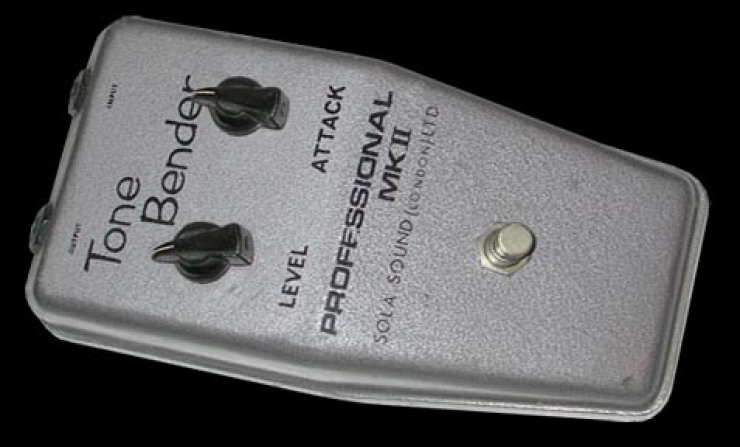
The ToneBender file - pt. IV: …
Il 1965, come raccontato…
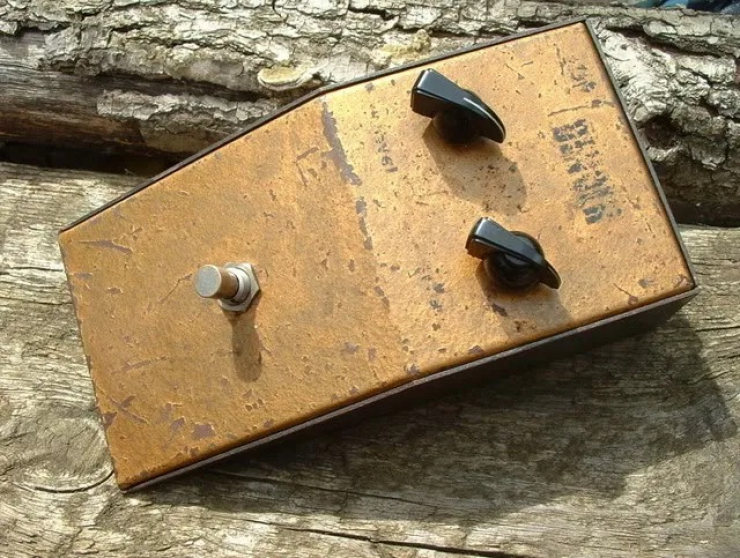
The ToneBender file - pt. III:…
Nel capitolo precedente s…
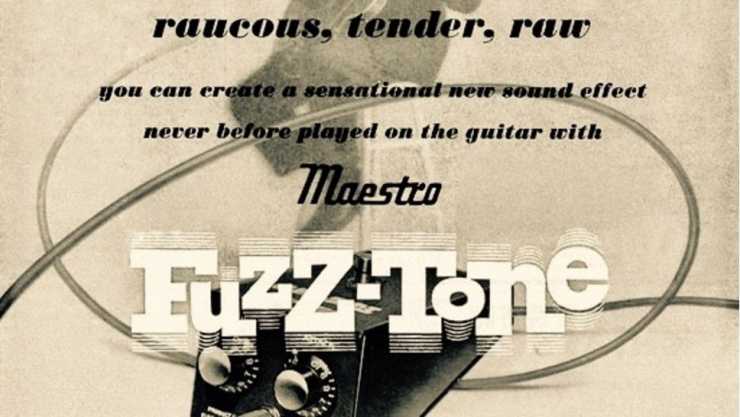
The ToneBender file - pt. II: …
Come primo passo per adde…
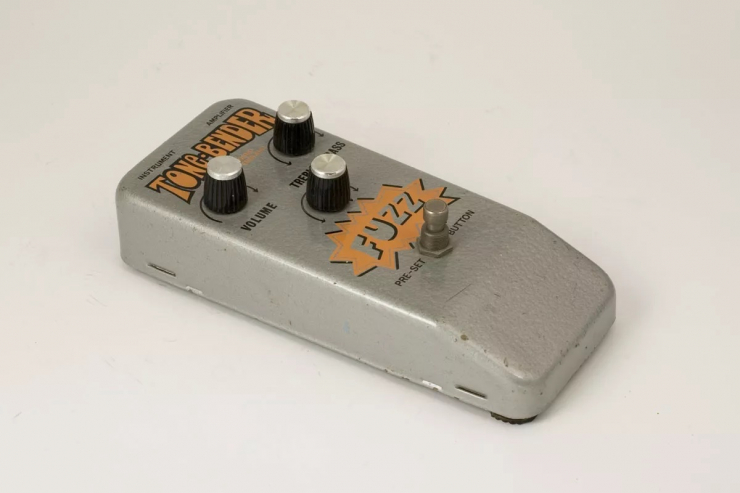
The ToneBender file - pt. I: I…
Ognuno ha le proprie fiss…
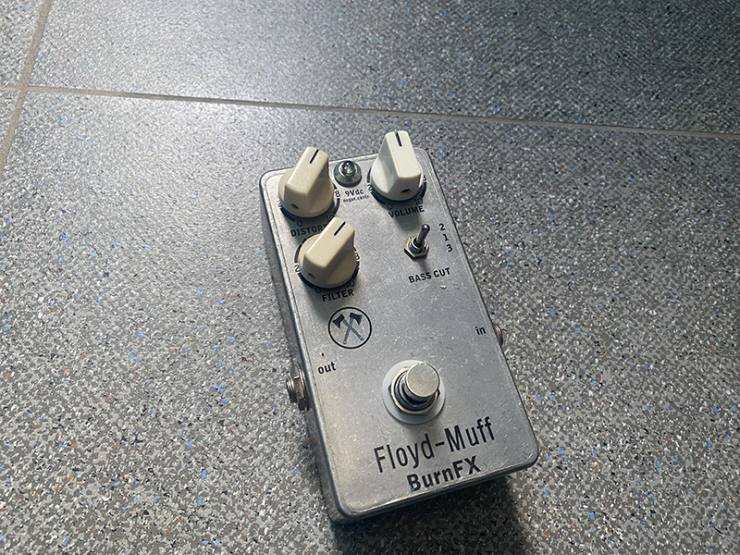
BurnFX Floyd Muff
Lefty.it è nato in provin…
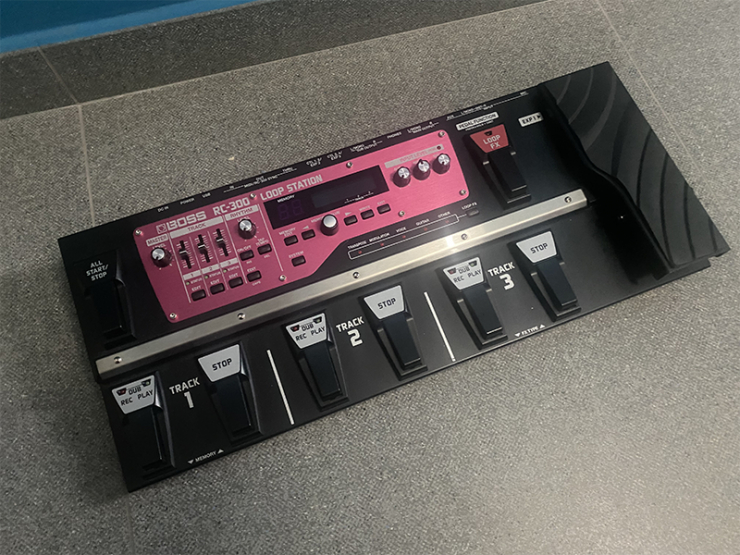
Boss RC-300 Loop Station
Alla terza recensione su …

Gear4music Knoxville 12 string…
Era da un po' che dibatte…

Ibanez V300L
Articolo a cura di MICHEL…
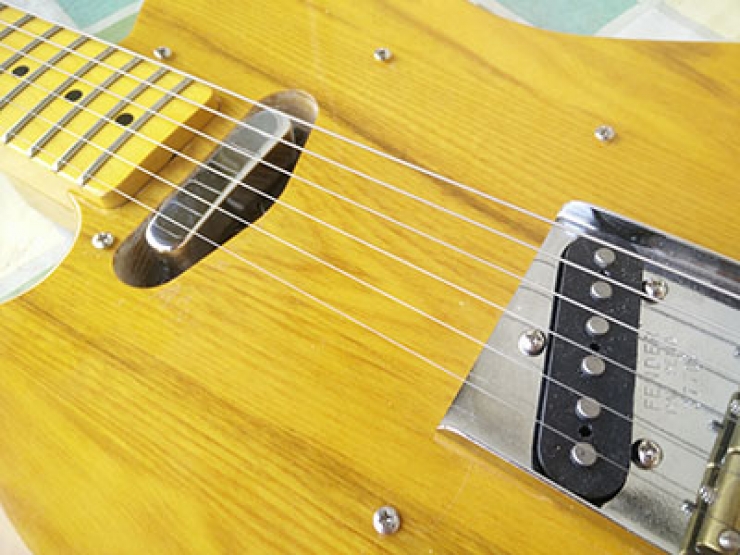
G&L Asat Classic AlNiCo Pi…
G&L nel tardo 2012 la…

iFusion Tributer Vintage TV52
La iFusion Tributer TV52 …
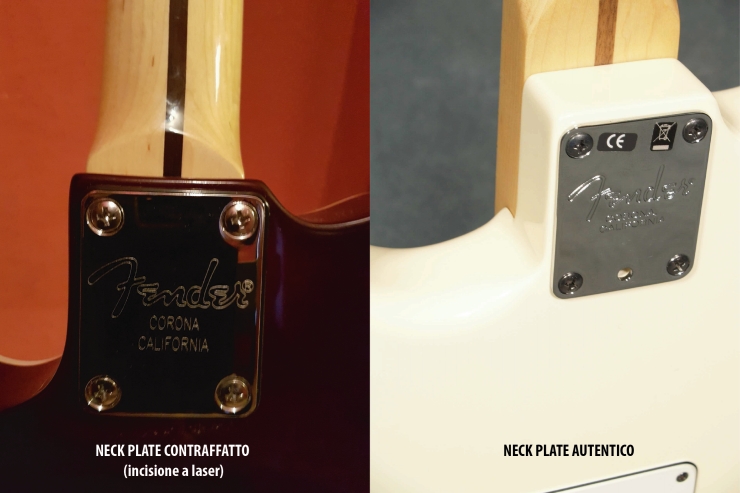
Riconoscere una chitarra contr…
L'idea di scrivere questo…
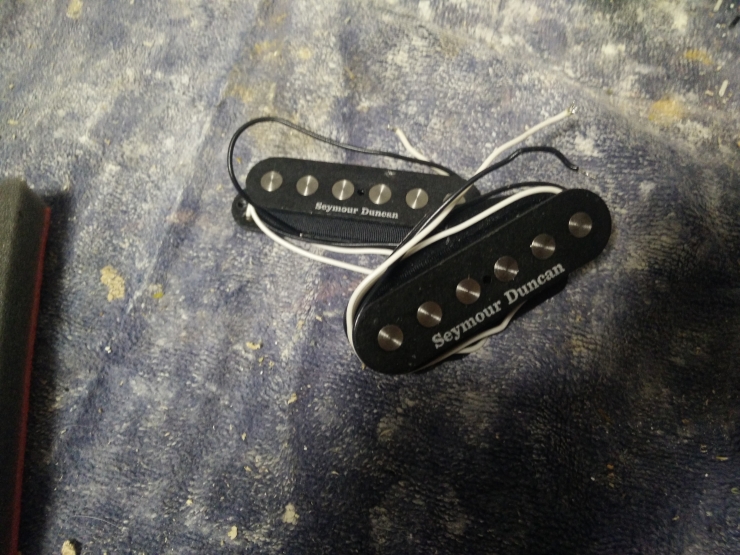
Seymour Duncan Quarter Pound T…
Acquistando una chitarra …

Come realizzare un sunburst
Dopo aver pubblicato un a…

Circuito HSH SuperMix
Tutto nacque una sera. Io…

Grain filler come turapori
Normalmente la mia scelta…
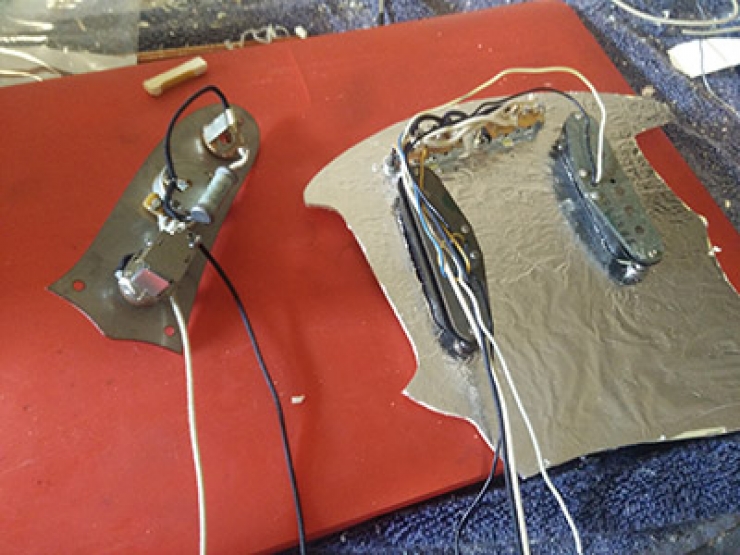
The '58 sound: Wiring per Duo …
Il Custom Shop di Lefty.i…

